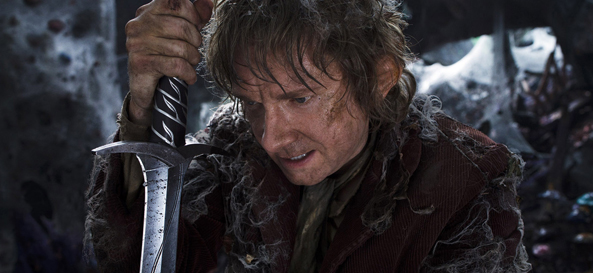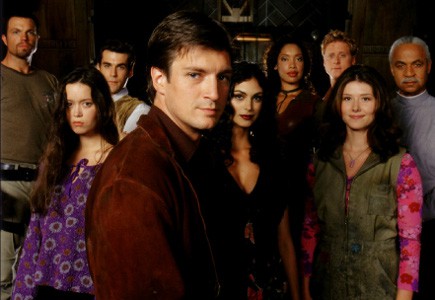
I remember the first time I opened up and delved into the fantastical realm of a magical novel.
I was in the second grade at the Christian school I attended, and I chose to read C.S. Lewis’ The Voyage of the Dawn Treader for a book report. If you’ve never read it—and my hunch is that you have — it follows a group of brothers and sisters who are able to enter the magical world of Narnia and, in this particular saga, they scamper around vast seas in search of adventure. The children enter the scene of the ocean traveling by magically transporting through a painting on the wall, and among their traveling companions is a prince and a talking rat. I can’t recall my exact reaction to navigating through the enchanting mysteries of The Voyage of the Dawn Treader, but I know it was a mixture of awe and a stirring of excitement. From that reading, I became bewitched by fantastical literature. I read Tolkien, George MacDonald, and, once I left the moral rigors of my Christian school, I cracked into the illustrious Harry Potter series, a string of literary works that mystify and provoke me greatly.
The truth is, we live in an all too “real” and serious world. Our most popular and best selling books are non-fiction (just look at the New York Times bestseller list, or across the aisle on an airplane). We are a culture seemingly obsessed with knowing facts, learning how to get better, and getting more quasi-spiritual (see non-fiction, self-help, and “Christian inspirational” genres.) This is not entirely wrong, or really corrupt at all. History and the actual stories of peoples’ lives are important and beneficial to know. Self-help books provide a variety of answers to questions and issues people struggle with, and Christian inspiration books have been life-changing for millions. I’m not advocating a banishment of non-fiction, but a praise of the fictional, and more specifically, the fantastical.
Lewis has famously said that “If we find ourselves with a desire that nothing in this world can satisfy, the most probable explanation is that we were made for another world.” Indeed, while this earth is interesting and wonderful, it is continuously heartbreaking.
Could fantasy be our way of attempting to describe the other world we might have been made for? Perhaps.
Is fantasy a creative lean of our souls towards God’s heart, one that wired us for adventure and the seeking of truth and beauty? Definitely.
The histories of contemporary literatures are flooded with instances of myth and fantasy. Think about The Odyssey, Sir Gawain and the Green Knight, Le Morte d’Arthur, the works of George MacDonald, Lewis and Tolkien, and presently, J.K. Rowling. I don’t think books like Lord of the Rings and Harry Potter and The Chronicles of Narnia and the films based off them are so widely popular and truly loved because they are just neat, interesting, or entertaining—fantasy, other-worldness, mystery and magic are all things we crave as human beings.
The authors of these works know about our natural longing, to access the world as it could be and might be, to connect with the mystery of beyond, and Tolkien and Rowling both addressed human beings’ appetite and need for fantasy. Take the following quotes for example:
“Tell me one last thing,” said Harry. “Is this real? Or has this been happening inside my head?” “Of course it is happening inside your head, Harry, but why on earth should that mean that it is not real?”
– JK Rowling,Harry Potter and the Deathly Hallows
“We have come from God, and inevitably the myths woven by us, though they contain error, will also reflect a splintered fragment of the true light, the eternal truth that is with God. Indeed only by myth-making, only by becoming ‘sub-creator’ and inventing stories, can Man aspire to the state of perfection that he knew before the Fall.”
– J.R.R. Tolkien
Make-believe isn’t childish, nor is imagination immature.
Tolkien’s quote above alludes to an Ultimate Goodness that shimmers through the cracks of our imperfection, of our shortcoming. In our risks, in our creations, in our myth-making, we can question and figure out and wiggle around the idea of what it means to be human, what it means to love, what it means to live. Fantasy sings to that need and wandering in our heart, and fantasy lets us wonder, “what if?”, like Harry does in the white-out train station with Dumbledore, like Bilbo before he stepped out his front door, like Lucy before she took a leap into the wardrobe.
And so don’t believe fantasy is a fad, and don’t believe it’s trivial entertainment. It helps us actualize and play with a need in our soul. It plays to the truth that maybe, just maybe, this world is not our home …that we were meant for somewhere else.
If that place has wizards, count me in.






















